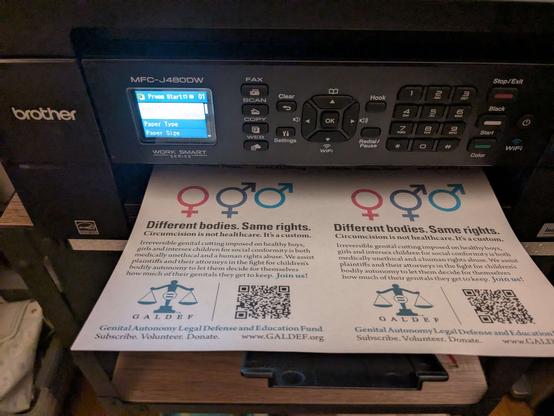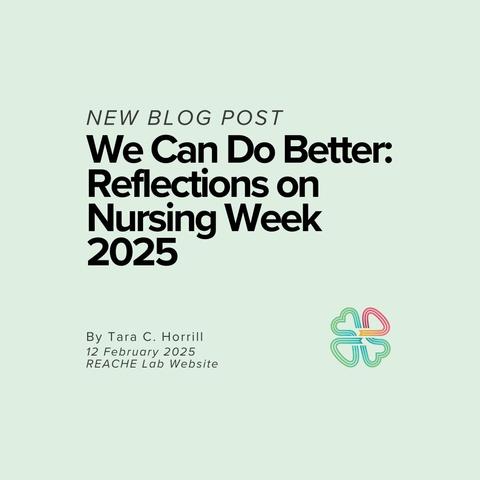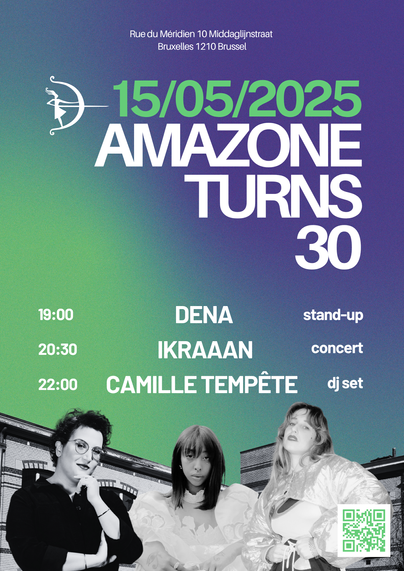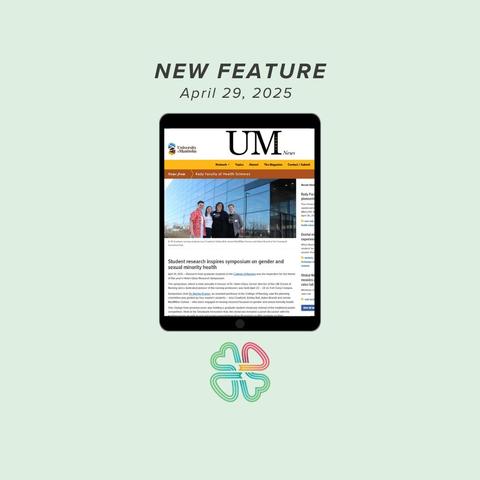Gender identity, societal vs. personal:
My struggle with intersectionality
One difficulty I have with terms like “men” and “women” is that people have radically different conceptions of what those words mean, and those meanings have changed dramatically in the last 50 years. Growing up in the 1960s and 1970s, during a time when we openly talked about “liberation,” those terms were very broad, and we were trying to broaden them to include in “man”anyone who identified as a man, from Liberace to Joe Namath. Similarly for the gender term “woman.”
The concept of “man” that I learned as an adolescent and young adult included so much more than it does today. In those pre-intersectional days, with our goal of broadening genders to be free and all-inclusive, my spouse and I tried to raise our kids to be comfortable being whoever they were. We tried not to make assumptions about sexuality or gender.
When our eldest told us they were non-binary, I was so happy that they felt comfortable being whoever they are. But, it meant I finally had to dive into the world of intersectionality because words had changed so much.
So, while I still identify as a man, it is as a half-century-old, pre-Reagan, liberated man with a very different identity from what is portrayed by the media in our 21st century fascist hellscape as a “man.” In current intersectional terms, I would define myself as a queer, assigned male at birth, pansexual, and non-binary person with breasts.
Part of the reason that I enjoyed Marge Piercy’s Woman on the Edge of Time so much is because in the future/alternate reality of the book, they had taken the broadening step to its logical conclusion and eliminated the words man and woman, replacing them with the word person, and the universal pronoun “per.” My difficulty with intersectionality has always been that it divides instead of unifying, it focuses on the prison of ever more detailed gender roles rather than on the liberation of defining one’s own personal gender identity and throwing out the concept of gender-related roles in society entirely.
I understand the personal and political realities that make intersectional identities so important for marginalized and oppressed communities and individuals. But I still long for a world where we can all just be the people we are, instead of fitting our identities into ever-smaller boxes.
#gender #GenderQuestioning #genderIdentity #intersectionality
[ Edited to add: “with breasts.” I mean, we all have breasts, but most men are taught to ignore them as inconvenient bits of fat on top of over-developed pectoral muscles. I’ve recently become reacquainted with mine. ]



